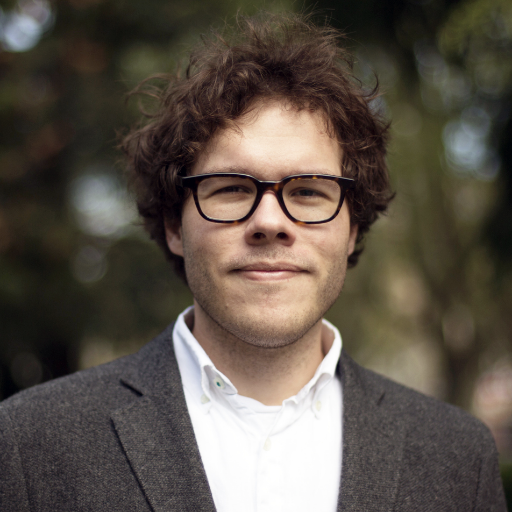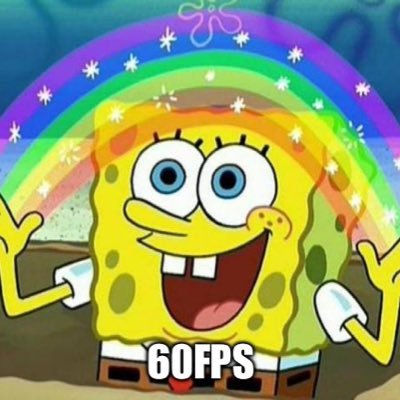
Wenzel Jakob {deprecation notice}
@wenzeljakob
Followers
8K
Following
2K
Media
131
Statuses
541
Associate professor leading EPFL's Realistic Graphics Lab. My research involves inverse graphics, material appearance modeling and physically based rendering
Lausanne, Switzerland
Joined June 2019
For the paper and data, please check out the project page:
0
1
6
This video explains the process more detail:
1
2
6
The Mokume project is a massive collaborative effort led by Maria Larsson at the University of Tokyo (w/Hodaka Yamaguchi, Ehsan Pajouheshgar, I-Chao Shen, Kenji Tojo, Chia-Ming Chang, Lars Hansson, Olof Broman, Takashi Ijiri, Ariel Shamir, and Takeo Igarashi).
1
1
1
To reconstruct their interior, we: 1️⃣Localize annual rings on cube faces 2️⃣ Optimize a procedural growth field that assigns an age to every 3D point (when that wood formed during the tree's life) 3️⃣ Synthesize detailed textures via procedural model or a neural cellular automaton
1
1
4
The Mokume dataset consists of 190 physical wood cubes from 17 species, each documented with: - High-res photos of all 6 faces - Annual ring annotations - Photos of slanted cuts for validation - CT scans revealing the true interior structure (for future use)
1
1
2
Wood textures are everywhere in graphics, but realistic texturing requires knowing what wood looks like throughout its volume, not just on the surfaces. The patterns depend on tree species, growth conditions, and where and how the wood was cut from the tree.
1
1
4
How can one reconstruct the complete 3D interior of a wood block using only photos of its surfaces? 🪵 At SIGGRAPH'25 (Thursday!), Maria Larsson will present *Mokume*: a dataset of 190 diverse wood samples and a pipeline that solves this inverse texturing challenge. 🧵👇
3
23
115
Can’t get much better than this.
My lab will be recruiting at all levels. PhD students, postdocs, and a research engineering position (worldwide for PhD/postdoc, EU candidates only for the engineering position). If you're at SIGGRAPH, I'd love to talk to you if you are interested in any of these.
0
1
20
My lab will be recruiting at all levels. PhD students, postdocs, and a research engineering position (worldwide for PhD/postdoc, EU candidates only for the engineering position). If you're at SIGGRAPH, I'd love to talk to you if you are interested in any of these.
0
17
119
Wow, this is such a cool paper! Basically with a surprisingly small modification to NeRF optimization, this paper gets a really good direct surface reconstruction technique that doesn't require all of the usual mess that meshing NeRFs requires (raymarching, marching cubes, etc).
Methods like NeRF and Gaussian Splats model the world as radioactive fog, rendered using alpha blending. This produces great results.. but are volumes the only way to get there?🤔 Our new SIGGRAPH'25 paper directly reconstructs surfaces without heuristics or regularizers.
1
3
41
This is a joint work with @Ziyi_Zh, @njroussel, Thomas Müller, @tizianzeltner, @merlin_ND, and Fabrice Rousselle.
1
0
11
Our method minimizes the expected loss, whereas NeRF optimizes the loss of the expectation. It generalizes deterministic surface evolution methods (e.g., NvDiffrec) and elegantly handles discontinuities. Future applications include physically based rendering and tomography.
1
0
14
Instead of blending colors along rays and supervising the resulting images, we project the training images into the scene to supervise the radiance field. Each point along a ray is treated as a surface candidate, independently optimized to match that ray's reference color.
1
4
26
By changing just a few lines of code, we can adapt existing NeRF frameworks for surface reconstruction. This patch shows the necessary changes to Instant NGP, which was originally designed for volume reconstruction.
1
1
20
Methods like NeRF and Gaussian Splats model the world as radioactive fog, rendered using alpha blending. This produces great results.. but are volumes the only way to get there?🤔 Our new SIGGRAPH'25 paper directly reconstructs surfaces without heuristics or regularizers.
4
91
498
It also adds support for function freezing so that the process of rendering a scene can be captured and cheaply replayed. See https://t.co/xFHibg9vwn for details.
0
0
5
Mitsuba significantly improves performance on the OptiX backend and adopts SER (Shader Execution Reordering) throughout its integrators. It adds shapes and an integrator for gaussian splatting, a sun-sky emitter, and fixes missing derivative terms in differentiable integrators.
1
0
7
Dr.Jit adds matrix operations that compile to tensor core (GPU) or vector instructions like AVX512, neural network modules, hashgrid/permutohedral encodings, function freezing, and shader execution reordering (SER). Other improvements simplify development.
1
0
7


